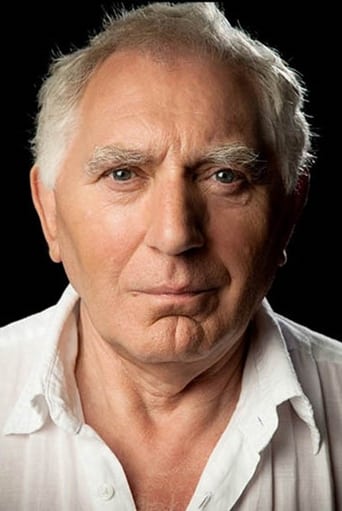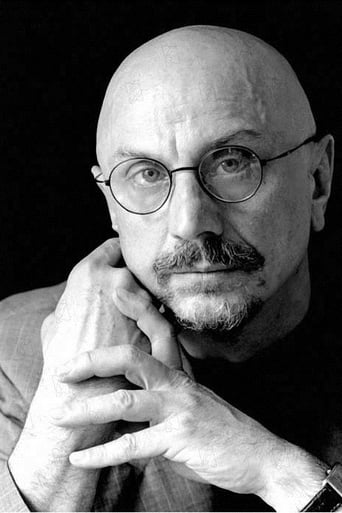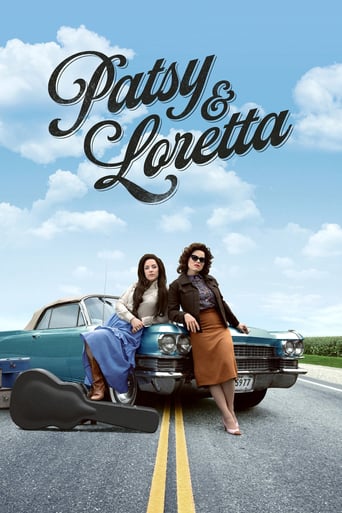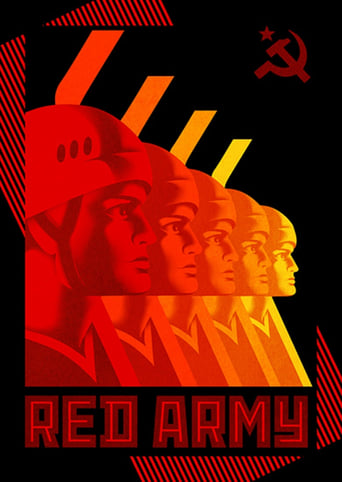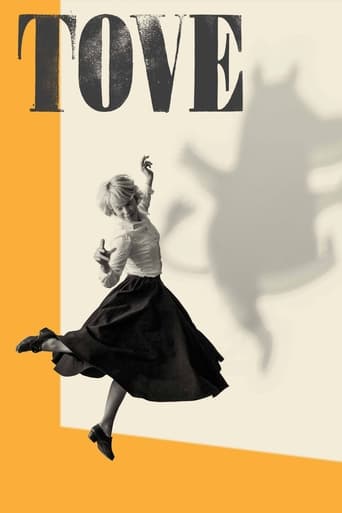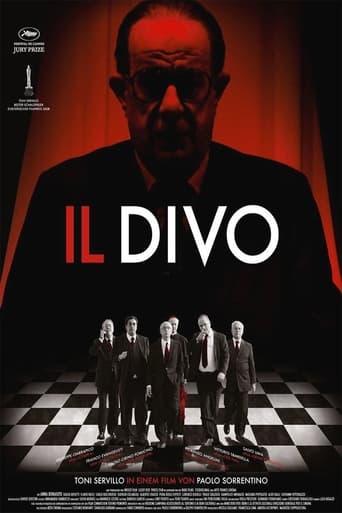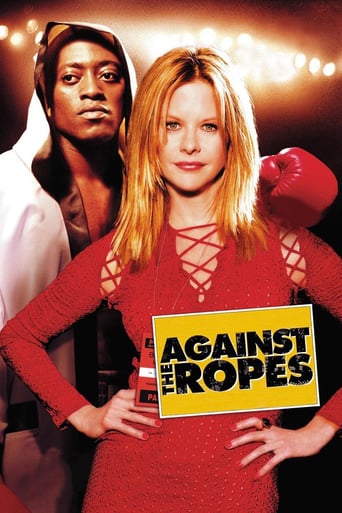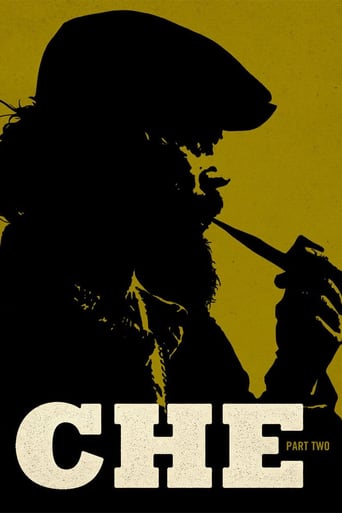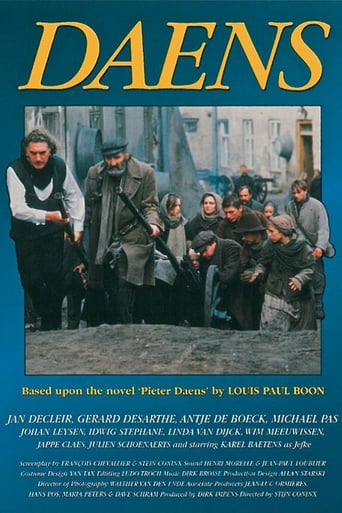

Priest Daens (1992)
In the 1890s, Father Adolf Daens goes to Aalst, a textile town where child labor is rife, pay and working conditions are horrible, the poor have no vote, and the Catholic church backs the petite bourgeoisie in oppressing workers. He writes a few columns for the Catholic paper, and soon workers are listening and the powerful are in an uproar. He's expelled from the Catholic party, so he starts the Christian Democrats and is elected to Parliament. After Rome disciplines him, he must choose between two callings, as priest and as champion of workers. In subplots, a courageous young woman falls in love with a socialist and survives a shop foreman's rape; children die; prelates play billiards.
Watch Trailer
Cast
Similar titles
Reviews
Don't listen to the negative reviews
Boring
The film makes a home in your brain and the only cure is to see it again.
While it doesn't offer any answers, it both thrills and makes you think.
This is the best Belgian film I've ever seen. And since I am Belgian, I've seen a lot of them. Antje De Boeck is such a wonderful actress and Jan Declair is absolutely our best actor. You could recently see him in "De zaak Alzheimer" as Ledda. The story is as realistic as possible, but luckily there is that little romance to bring happiness in the rather depressing story. To understand the full beauty of the movie you should have to understand Dutch, or even both French and Dutch (as most Flemish people do (=inhabitants of the northern half of Belgium)), because even the accents have been adapted to the right time span. Just a note to the Flemish: (Ik zal het in het Engels moeten doen, want deze site accepteert niet veel in het Nederlands) If you haven't seen this movie yet, you should do it right away! You can learn more from it than from all history classes at school! Because in my opinion, history is still about people, not about facts.
Beautiful depiction of the workers' fate during the first half of the 20th century. Priests and church are supposed to play their role of keeping the workers at peace. When father Daens resists he gains such a response that the powers have to bend. True story! Went up for an Oscar but due to the fact that the French had a lot more money to support their film it fell short. Brilliant role for Jan Decleir, mostly known for his one-man plays, adaptations of Dario Fo. Proof you do not need violence or sex to make a movie exciting. What is needed is a strong story (very much so in this case) and a couple of great actors. If you have the chance to watch it, do so, it will alter your view on the world, there are not enough (nice) movies of this kind around. Again: it all happened as it is depicted here.
This is considered as undoubtedly the most important Belgian film ever made, a cinematic event in its home country when it came out. People flocked to see it, awards were bestowed on it, students wrote term papers about it, everybody talked about it, every school showed it to its students (and they still do, more than ten years later), and its director, Stijn Coninx, even got made a baron on the strength of it. Even so, Coninx was never really able to live down the reputation of "director of Daens". In a country with basically no film tradition to speak of, a movie like Daens is a once-in-a-lifetime achievement, if only because they'll never allow you to spend that much money again, even if it did earn it back. One cannot help but feel that had he made the equivalent of this one in America, he'd be one the biggest directors around today.The story is about a courageous, socially feeling priest who went against church authorities and the political powers that be (heavily interlinked at the end of the 19th century) to help the impoverished workers of Aalst, Belgium. Although romanticised somewhat, and even with the addition of certain characters to strengthen the dramatic arc of the movie, this is based on a true story. Coninx did absolutely amazing things with a limited budget to bring the era back to life, and his camera lingers tellingly in the dirty, narrow little streets where the workers were packed together, entire families with hordes of children living in one room. We also get to see the factories, dangerous places, where people spend twelve or more hours a day for scraps off the tables of the wealthy factory owners. All of this is brought to life in a completely convincing way, immersing you in the period.Coninx' control as a director here is remarkable. Without any real money (certainly by US standards), he manages to pull off a story of epic scope that looks and feels exactly as it should. Consider a scene set in the palace of the king, where an opulent dinner is going on, served by black people brought over from what was then Belgian Congo. "Are they dangerous?," one of the women asks. Lesser directors might have hammered the point home by going on about it, but Coninx doesn't. He lets this one simple line stand, lets it speak for itself and moves on. This way, he's able to pack in a surprising amount of stuff in the 135 minutes running time, and it doesn't feel rushed or hurried, but on the other hand, very natural. Visually too, this scene is as striking as any, showcasing the luxury of the wealthy as opposed to the squalor of the poor. And again Coninx doesn't make a point of it, he doesn't give in to the temptation of making self-conscious cuts or moving the camera that way. He just lets it be, keeps things simple.Jan Decleir gives a powerful performance as Adolf Daens, who comes off as a brilliant orator, an almost saintly figure who heeds no warnings and goes on in the face of public humiliation, ex-communication and even physical violence. This is probably a simplification of the truth (it's hard to believe anyone is THAT perfect), but the power Decleir brings to the role makes it work.There are some minor problems, however. The screenwriters and directors seem to have a somewhat naive belief in the socialist party of the time, as a well-meaning boys' club that basically says the same things Daens says throughout the movie. And there are some scenes that feel phony, such as an unbelievably corny moment in a field, when one the characters rides along on a bike, yelling extacically that Daens has just been elected to parliament. Cut to a shot of an old man falling to his knees with pure joy, as the triumphant music swells. Sorry, but that's just a bit too much.All in all this is a movie deserving of its status as classic in Belgium, and very much worth seeing where ever you're from. Back here, we've been beaten over the head with this movie so many times that a lot of people must almost know it by heart, but then that's not the movies fault.
The priest Daens (Jan Decleir) and his political master Charles Woeste (Gérard Desarthe) are opposing each other in this historical movie. Daens is a strong priest, convinced of his rightfulness to protect the workers. In the movie everything is worked out in detail and you can easily identify with the characters. The music is not so good and a little bit soft but the dramatic script keeps our attention until the end.
